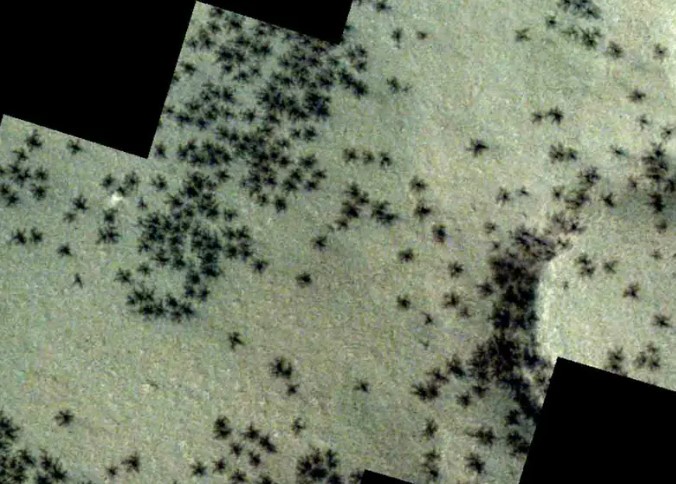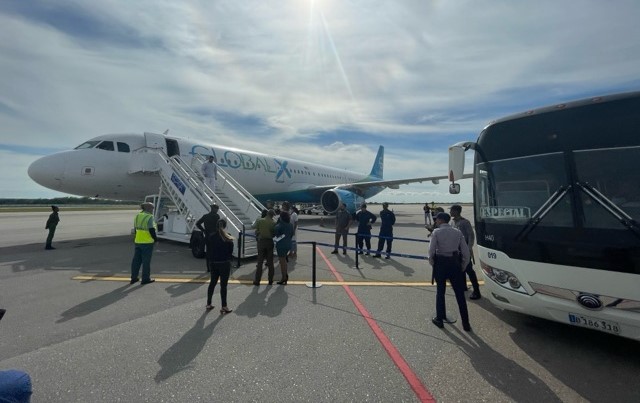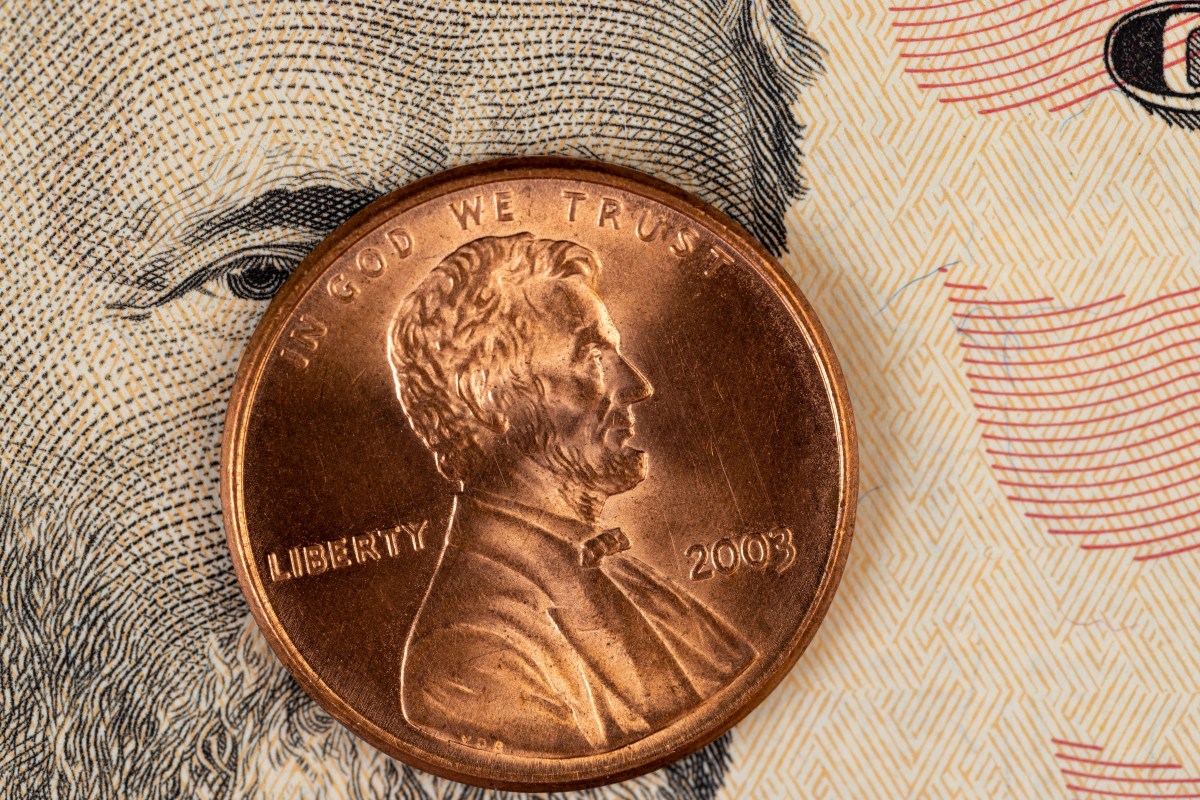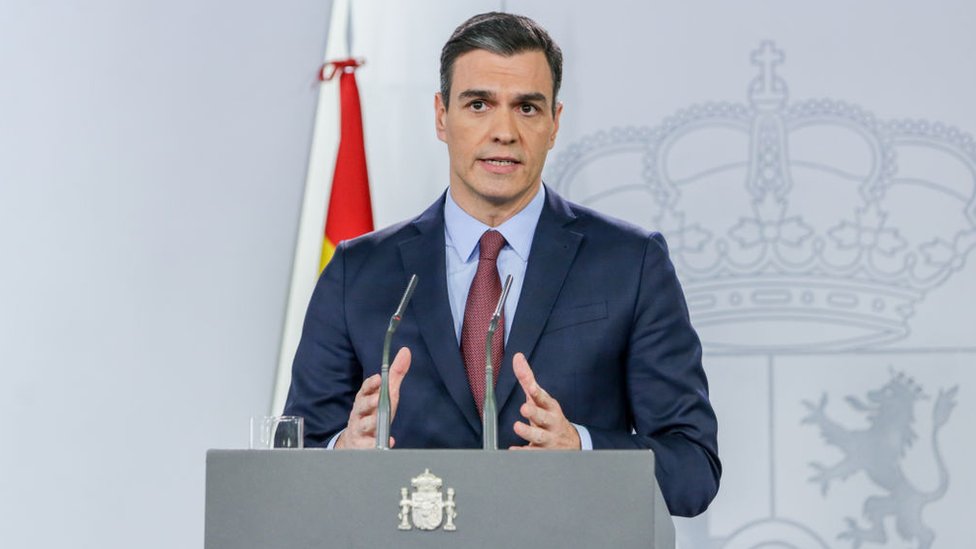The government of Spain led by President Pedro Sanchez will not send any representation at the inauguration ceremony of the President of Nicaragua, Daniel Ortega, who will assume a fourth consecutive five-year term, next January 10 in Managua, in the midst of international isolation. As confirmed by diplomatic sources to the agency Europa Press.
In the same way, the Diplomatic Information Office of the Spanish Ministry of Foreign Affairs confirmed to digital broker Despacho 505 that “we have informed (the government) that there will be no Spanish presence at this event.”
Since June 2021, diplomatic tension has arisen between the government of Daniel Ortega and the government of Spain, due to the demand of the administration responsible for President Sanchez to the Ortega regime, to arrest the presidential candidates of the last November elections and other opposition leaders, who are demanding freedom.
Read also: What are the effects of diplomatic tension between Nicaragua and Spain?
On August 11, 2021, the Spanish government, through the new Minister of Foreign Affairs, the European Union and Cooperation, José Manuel Albarís, contacted its ambassador in Managua, Maria del Mar Fernández Palacios, for consultations, in response to the statement he published in Ortega. order on Tuesday, accusing Spain of “interference, interference, interference”, In the internal affairs of Nicaragua.
After the controversial election result, Spain was one of the first countries to speak out, describing the celebration as a “mockery” of the Nicaraguan people. In a statement issued by the Ministry of Foreign Affairs, the Spanish government assumed that «considers this election a mockery and condemns that its celebration does not reflect the true will of the Nicaraguan people, who were denied by Daniel Ortega from exercising his right to vote freely and fully.”
Contrary to verbal attacks by the regime on the Spanish government, this country is one of the main donors of antiviral vaccines to Nicaragua.
More than 300 guests, according to Murillo
Nicaragua’s designated Vice President, Rosario Murillo, said Wednesday, January 5, that she is “preparing to swear an oath to the President of the Republic throughout the country,” and added that more than 300 guests would participate in Ortega’s inauguration, without specifying details.
“We have visitors who come to us from all over. We have brothers who were comrades in the elections and are now accompanying us in the swearing-in of the president. More than 300 brothers from different countries,” Murillo pointed out.
Read also: Ortega is ranked 13th in an assessment of 20 Latin American leaders, according to RTD
It was therefore confirmed that more than 200 “election comrades” from 27 countries were present at the controversial elections and who have ideological links with the Sandinista National Liberation Front.
Murillo added that they hope that as a result of the Covid-19 pandemic and the advancement of the new type of Omicron, the flights in which the invited delegations come will not be canceled, but he said, “We are sure that they are looking for how we are here, we have no doubt about the accompanying victories ».
The Supreme Electoral Council — controlled by judges linked to the system — allocated 75.87 percent of the vote to Ortega, his wife and co-governor Rosario Murillo, the result of the questionable election held on Sunday, November 7, it said. The report read by the President of this institution, Judge Brenda Rocha, dated 10 November.
Ortega’s fourth consecutive five-year re-election provoked a reaction from the international community when he considered the elections to be “illegal” and marked by the imprisonment of seven presidential candidates, the revocation of the legal status of three opposition parties, and the lack of international monitoring.

“Music buff. Social media lover. Web specialist. Analyst. Organizer. Travel trailblazer.”

:quality(70):focal(917x454:927x464)/cloudfront-us-east-1.images.arcpublishing.com/elfinanciero/IK6YWCPEYFBRRFEKOPGFRQXC54.jpg)





More Stories
La Jornada – Now Roberto Canseco is accused of assaulting the Mexican Embassy
China says Argentina is its “strategic partner” ahead of the bilateral meeting
Edmundo González rejected the new exclusions imposed by Maduro: “We must restore the rule of law”